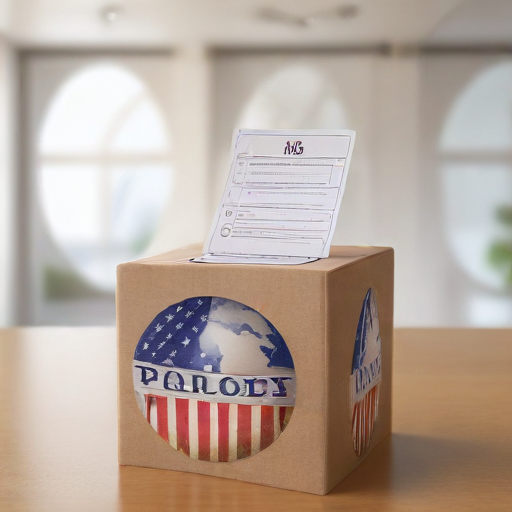The recent polling data reveals significant insights into voter demographics and attitudes across various categories, including gender, race, age, education, and political affiliation. A closer look at the numbers indicates distinct patterns in how different groups perceived major issues and candidates in the election.
The analysis demonstrates that women constituted 54% of respondents while men made up 46%. In terms of race, the majority of those surveyed identified as White (59%), with 12% Black, and 24% Hispanic/Latino. There seems to be a clear divide in perceptions across racial lines, particularly regarding the favorability of candidates and opinions on issues such as abortion and the economy.
Age also plays a crucial role in voting behavior, with younger voters (ages 18-29) showing a preference towards more liberal perspectives compared to older voters (ages 65 and over), who tended to have more conservative views. Education levels presented variations as well, with college graduates leaning more favorably toward Democratic candidates compared to those who did not attend college.
With regards to the current economic situation, a notable percentage of respondents (38%) rated the economy as poor, while only 6% viewed it as excellent. This sentiment reflects a broader concern about financial stability, which may have influenced voting decisions.
Responses to the survey regarding President Biden’s handling of his job reveal a polarized opinion, where disapproval (64%) outweighs approval (35%). It’s interesting to note that while some feel dissatisfied with the current administration, a considerable number of respondents (27%) expressed a more optimistic outlook regarding democracy in the U.S., indicating a silver lining amid broader concerns.
Regarding views on critical issues, abortion remains a significant topic, with 65% of voters believing it should be legal in most circumstances. The survey also highlights a prevalent belief that democracy is under threat, with 72% considering it somewhat or very threatened.
Overall, the poll results suggest a complex landscape where voters navigate their political choices influenced by a multitude of factors, including their demographic background and pressing social issues. This diversity of opinion, while sometimes divisive, also reinforces the importance of understanding various viewpoints as part of the democratic process.
In summary, the survey showcases the diverse perspectives among voters with respect to candidates and key issues. It reflects a dynamic political climate in which concerns about the economy, democracy, and societal values are paramount. Despite varied opinions, a significant number of respondents express hope for addressing these challenges moving forward.
This indicates that while there may be dissatisfaction at present, there is room for dialogue and potential for change in future elections as citizens engage in the political process and advocate for their views.
